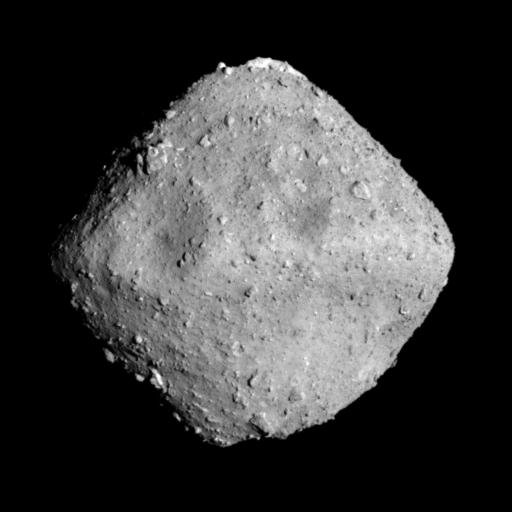The asteroid Ryugu likely formed at the outer edge of the Solar System beyond the orbits of Jupiter and Saturn, as high-precision measurements that determine the ratio of iron isotopes in rock samples from Ryugu suggest. The Japanese space probe Hayabusa 2 had taken the samples and brought them back to Earth two years ago. An international group of researchers with participation of the Max Planck Institute for Solar System Research (MPS) in Göttingen and the Georg-August-University Göttingen describes these results in today’s issue of the journal Science Advances. According to their findings, Ryugu's “list of ingredients” differs significantly from that of typical carbon-rich meteorites in one crucial point. Instead, everything indicates a close kinship to a rare group of meteorites that is likewise associated to the outer Solar System. The study is one of three publications that the journals Science and Science Advances today dedicate to asteroid Ryugu.
